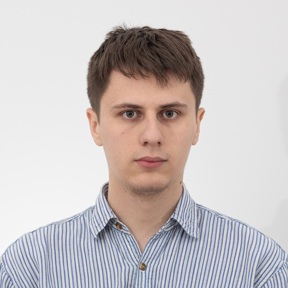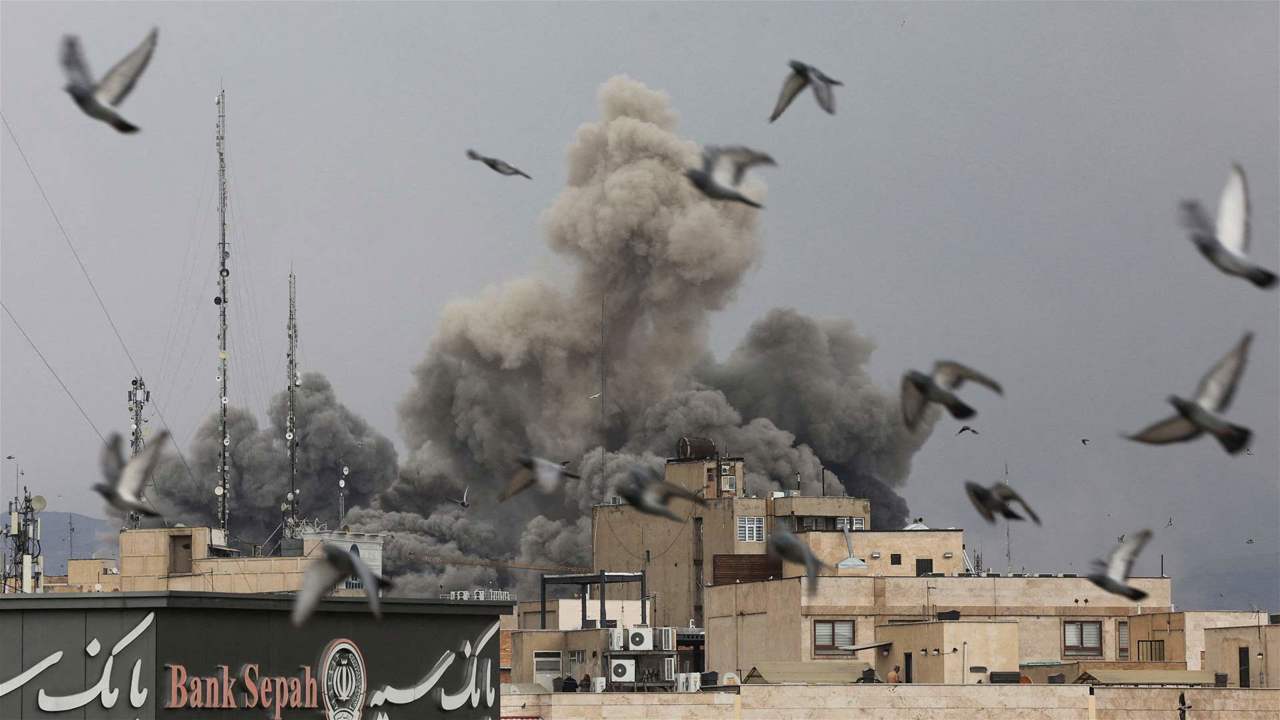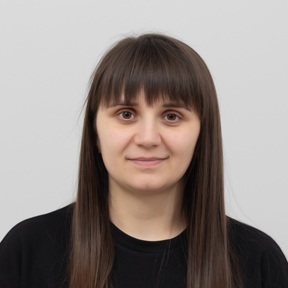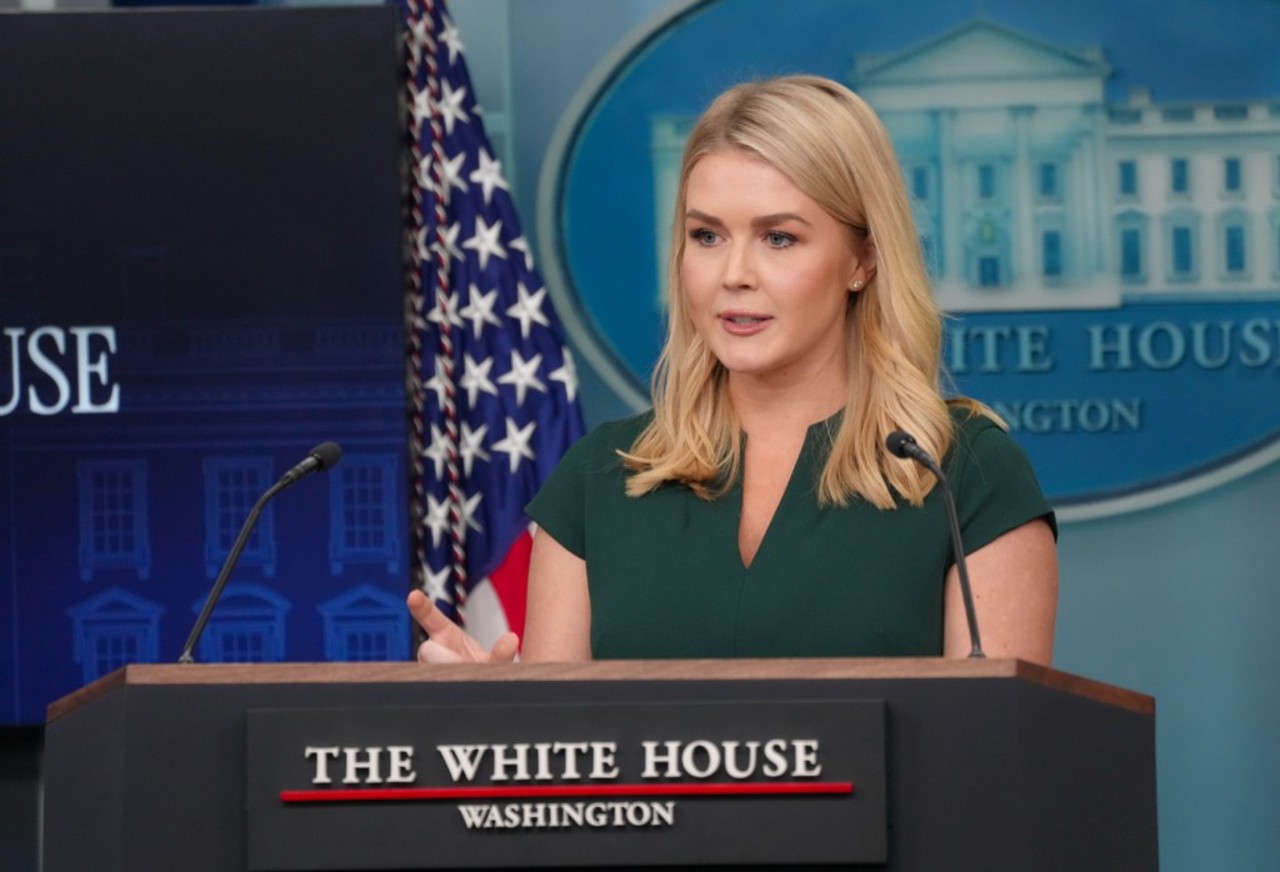Waste as resource: Moldova's recycling challenge
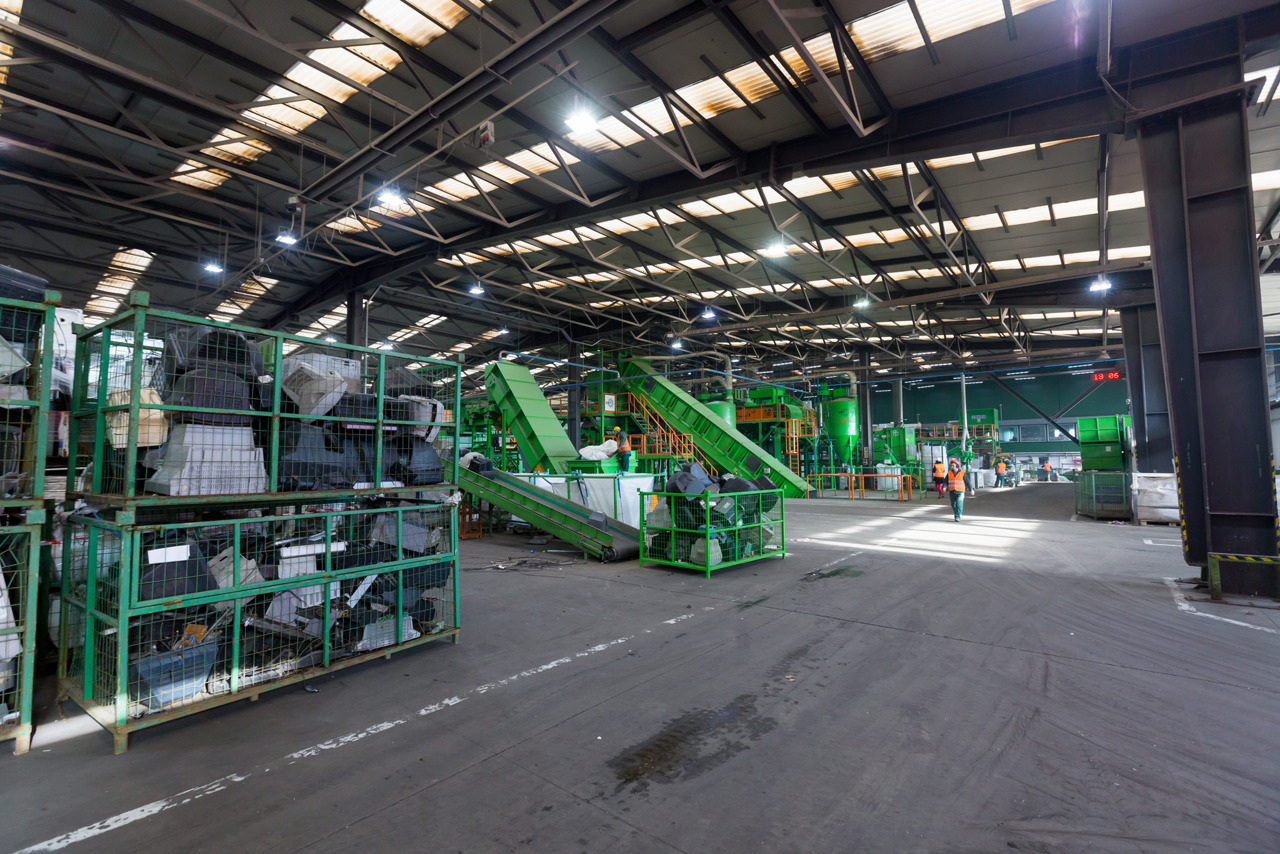
Moldova is set to implement a deposit return system (DRS) for collecting and recycling beverage packaging with volumes between 100 ml and 3 liters.
Grigore Stratulat, the State Secretary at the Ministry of Environment, announced on Radio Moldova's program "Spațiul Public" that it will be managed by producers and importers and is set to become operational starting in 2027. Specialists from Chișinău and Bucharest state that the country must change its perception of waste and consider it a valuable resource, not a problem.
Moldova imports approximately 30,000 tonnes of glass waste annually from Romania due to the lack of an efficient glass collection system, notes Grigore Stratulat, the State Secretary at the Ministry of Environment. According to him, the new deposit system will ensure enough glass is collected for utilization by the local industry. To support the development of the recycling sector, the Ministry of Environment is preparing to update regulations on extended producer responsibility (EPR).
Currently, around 400 million units of packaged beverages are placed on the domestic market annually. Implementing the deposit system will allow for the collection and recovery of these materials, creating jobs and developing the local recycling industry. In 2025, the target from existing regulations for electrical and electronic equipment (WEEE) collection is 25%; from 2026, the targets will be 40% or 45%. For packaging, where targets were previously 10-15% depending on the material, they will practically triple in some cases from 2026.
At the same time, Moldova continues to face challenges in managing electronic waste. Iulian Gamureac, President of the "Moldcontrol" Employers' Association, highlighted that since the beginning of the year, the country has exported over 1,000 tonnes of hazardous electronic waste, such as refrigerators, televisions, and washing machines, to recycling plants in Romania, because Moldova lacks its own processing capabilities. These wastes must be treated correctly because they contain hazardous substances like mercury, says Iulian Gamureac.
The ecovoucher is an important mechanism for collection, but collection alone does not mean recovery. Each piece of electronic equipment contains valuable materials that can be recovered through recycling. Therefore, a mobile collection system has been implemented, where a team reaches citizens within a maximum of 24 hours to pick up recyclable waste.
The recycling model from Buzău, which took 23 years to become successful, could also be adopted in Moldova, offering a significant economic opportunity, mentioned Constantin Damov, the president of the Buzău company, which is currently the largest recycling plant in Eastern Europe. For this model to become a reality, close collaboration is needed between local authorities, investors, and local communities.
Today, the cost is approaching 100 euros per tonne for waste sent to landfill. In comparison, sorting costs around 70 euros. If landfilling cost only 10 euros, sorting would never happen. The industry would never develop. Thus, Moldova will continue to import cullet while discarding its own in landfills. Therefore, barriers must be built, just like in the case of water, to prevent the spread of pollution and to channel flows where we want them. The distance between Buzău and Chișinău can be covered in a few hours by car. Thus, we consider this not a foreign investment, but an extension of regional investments.
Environmental expert Iuliana Cantaragiu also mentions that attracting investments in the recycling sector will lead to the development of the recycling industry, which could transform waste into a valuable resource for the country's economy.
Any recovered waste, whether through recycling or energy recovery, is an investment and an economic benefit. If we want to become a prosperous country, we must focus on developing industry and modern technologies, not just agriculture.
The import and export of waste are not new practices for Moldova. The country imports non-hazardous waste, such as glass and cardboard, for industrial use, while exporting electronic waste and batteries, particularly to Romania, as it lacks the necessary infrastructure for their recycling. The import of waste and residues of any type into Moldova, whether raw or processed, is regulated by law, which permits bringing a limited number of waste types into the country, such as glass, cardboard, and ethylene polymers.
Translation by Iurie Tataru
